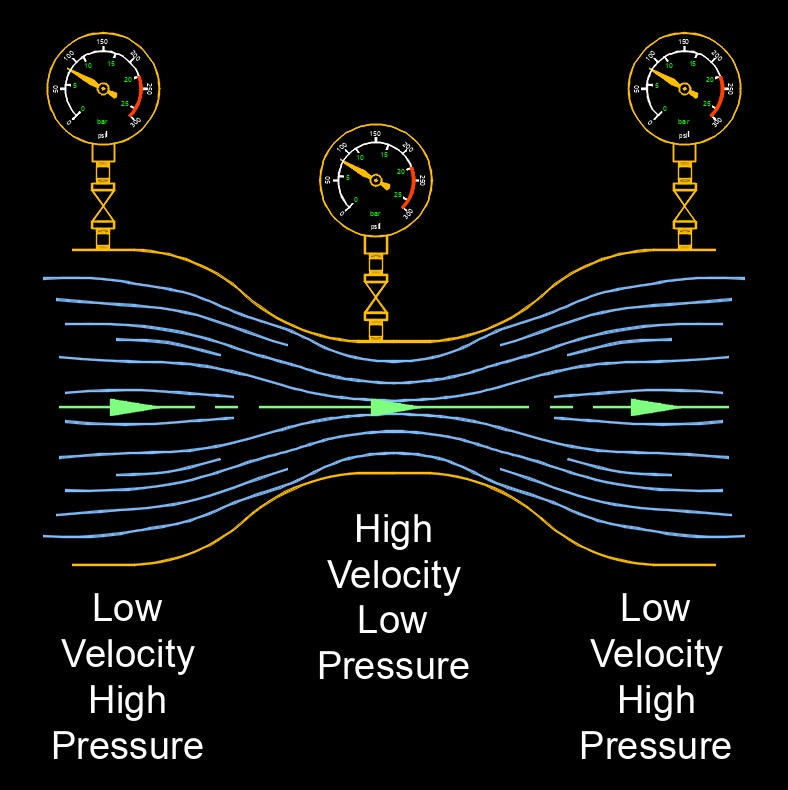Compressibility
Compressibility Formula |
||
| \( \beta \;=\; -\; \dfrac{1 }{ V_i } \cdot \dfrac{ \partial V }{ \partial p }\) | ||
| Symbol | English | Metric |
| \( \beta \) (Greek symbol beta) = Compressibility (psi) | \(lbf \;/\; in^2\) | \( Pa \) |
| \( V_i \) = Initial Volume | \( in^3 \) | \( mm^3 \) |
| \( \partial V \) = Infinitesimal Change in Volume | \( in^3 \) | \( mm^3 \) |
| \( \partial p \) = Infinitesimal Change in Pressure (psi) | \(lbf \;/\; in^2\) | \( Pa \) |

Compressibility, abbreviated as \(\beta \) (Greek symbol beta), also called coefficient of compressibility, a dimensionless number, measures the change in volume under external forces for any liquid. Compressibility of a fluid increases with pressure and temperature and results in loss of volume output of pumps. In control systems, compression of fluid provides a mass spring condition that limits system response.
Materials with higher compressibility values are more easily compressible, meaning they experience larger volume changes for a given change in pressure. Conversely, materials with lower compressibility values are less affected by pressure changes.
In fluid dynamics, compressibility is an important parameter to consider when dealing with gases. Gases are highly compressible compared to liquids and solids because their molecules are more spaced out, and changes in pressure can cause significant changes in volume. In general, solids and liquids are considered incompressible in many everyday situations because their volume changes under typical pressure changes are negligible. However, for extreme pressure conditions or specific applications, the compressibility of even solids and liquids can become relevant.

